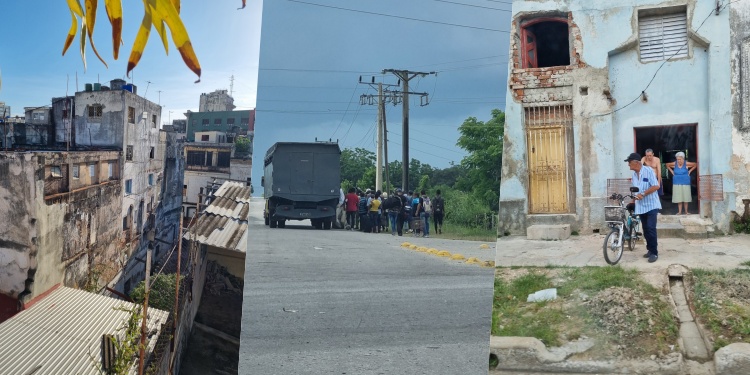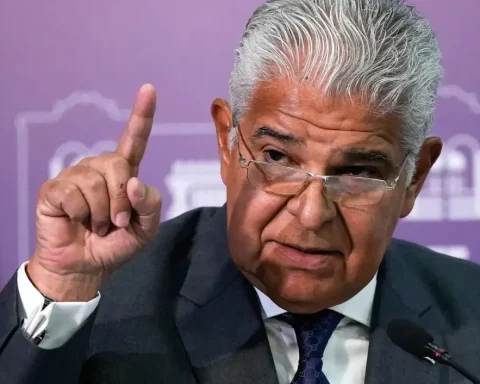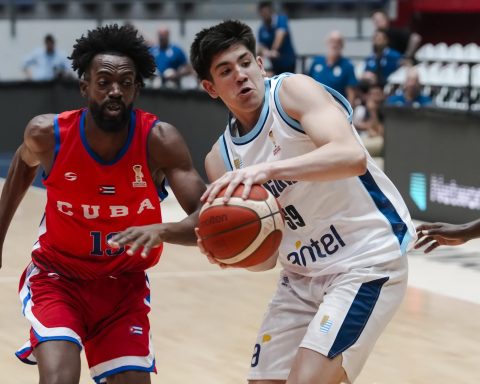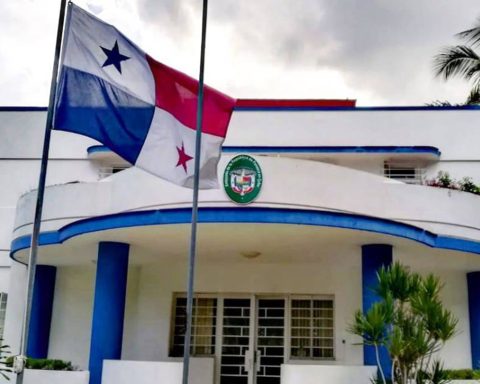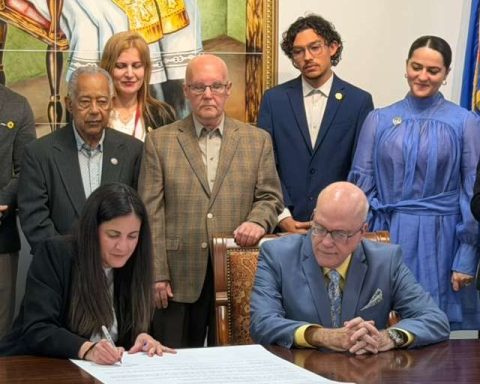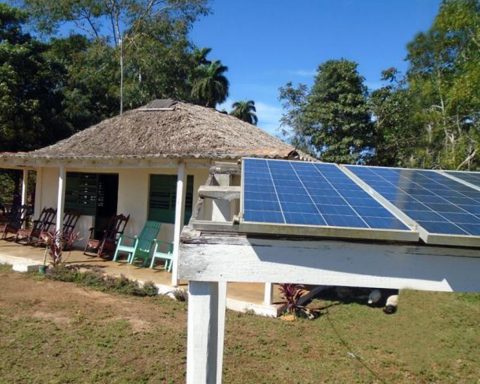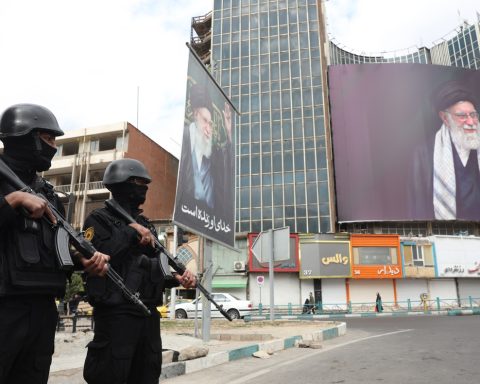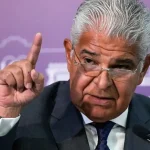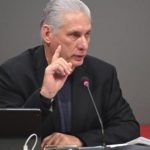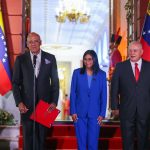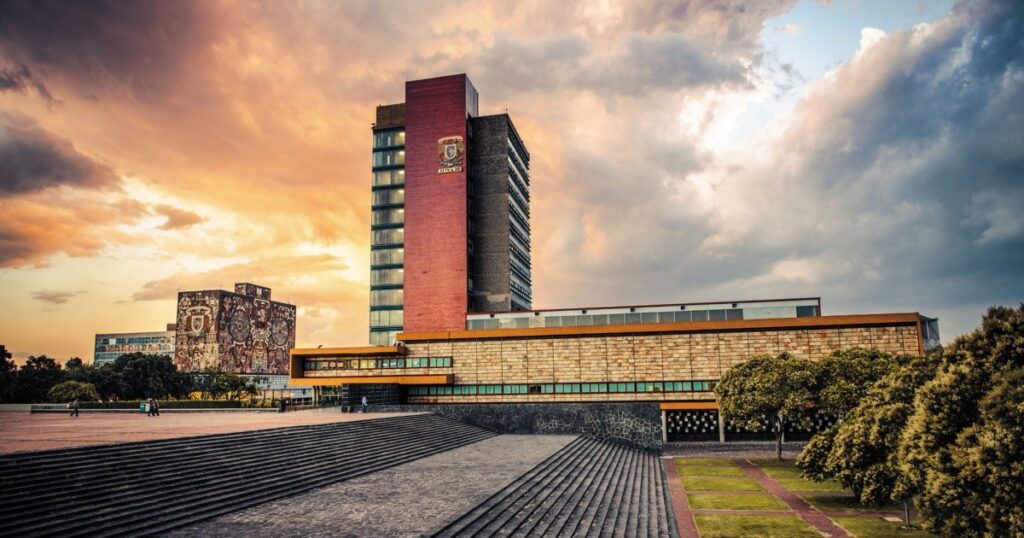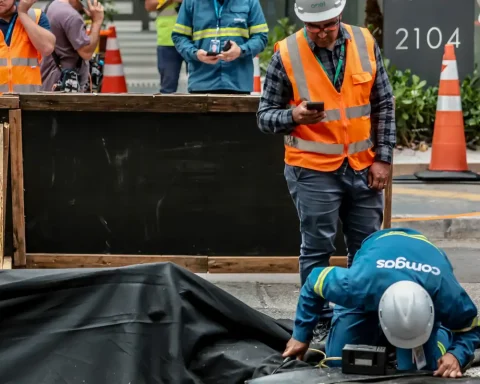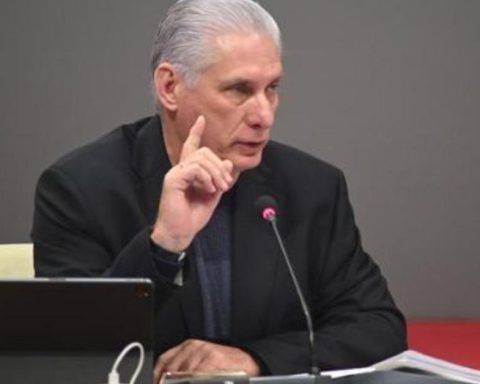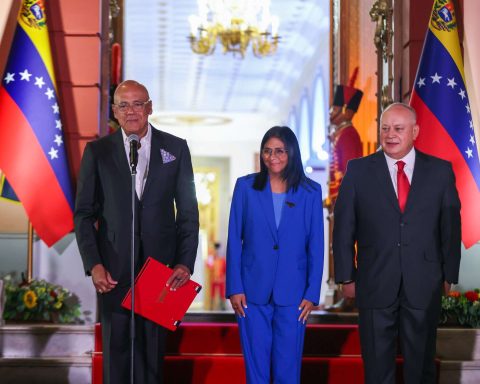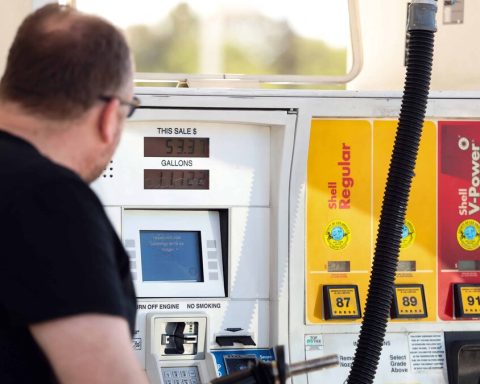MIAMI, United States. – Joffre Campaña Mora, from Ecuador, who introduces himself on Twitter as “a lawyer by vocation” and “an advocate of freedoms and the rule of law,” reported on his recent trip to Cuba on that social network.
Campaña Mora elaborated an extensive train of thought, chronologically and thematically organized, aimed primarily at other foreigners. Because of the valuable nature of his testimony, CubaNet reproduces most of his tweets from him herein:
“Upon arriving in Havana, my first impression was the José Martí Airport. Old, neglected. At Immigration, they retained my passport for almost 20 minutes, until an officer returned it to me and I was allowed to proceed.”
“At the airport, I thought about exchanging dollars into local currency. The offer was 24 Cuban pesos for one dollar. I had been alerted to exchange money in the streets, where the offer was 100 pesos for one dollar. On the street, Cuban pesos, dollars and euros circulate equally.”
“I took a taxi to get to the car rental place. Once there, we were told the car was not available. They sent us to another establishment, close to the Museum of Art. The taxi cost us US$50, ie, 5,000 Cuban pesos. The average monthly salary here is US$32.”
“We were given a deteriorated car, at US$120 per day. Side lights were broken. We were charged more than US$20 for insurance, and US$50 for fuel. It was the only car available. Later I learned that it costs US$8 to fill the tank (very cheap) with plus-rated gas (supposedly, the “expensive” gas).”
“Retrieving the car took almost three hours. We took advantage of the waiting period to have lunch at Cha Cha Cha restaurant (private, not government-owned. The place was nice. Normal lunch: US$45. Remember that the average monthly salary is around US$35).”
“Once we were given the car, we traveled to Camagüey. Due to the distance, and after torrential rain, we stayed in Cienfuegos. Lodging for a room rental was US$20. Home-made dinner: US$30.”
“Overall, the roads were 5/10. Some stretches were acceptable, others so-so, still others bad, and others, very bad. Some of the roads had eight lanes, another one-and-a-half (so narrow they were).”
“Following Cienfuegos, Camagüey. Camagüey is a city built by the Spanish, but it’s been very neglected, as if standing still in time (as is the rest of Cuba). Public transportation is a calamity: horse-pulled carriages, bicycle taxis and trucks.”
“Camagüey has charm, but the situation is dire. Lines to purchase food, empty pharmacies. Food stores where only credit cards are accepted (for foreigners and locals that are privileged with relatives abroad).”
“In Cuba, grocery store food items are very expensive. You will find some, but at unaffordable prices for most people. A pork shank, for example, at US$40. A string of garlic, $6.”
“On the road, you can find”palates”, which are private restaurants (a peasant as babysitter included), 1,160 Cuban pesos. A medical professional or official earns approximately 3,500 Cuban pesos per month. The best paid make 5,000 Cuban pesos per month.”
“Then we got to the Keys. Anotherworld. Regular Cuban citizens are not allowed in. No cash is accepted, only credit cards, A fabulous engineering feat, with luxury hotels and even a dolphinarium.”
“Finally, Havana. A city that could be spectacular, but is totally abandoned.”
“In any case, a country that could be a marvelous country, has been destroyed by Communism, and by the myth of equality. Cuba is a country where there are enormous differences, where foreigners are privileged and taxi drivers earn more than neurosurgeons.”
“Another detail: Health care is free only in theory. But patients must take with them [to hospitals] even the [vinyl] gloves. Regarding dental care, patients must bring the dental acrylic cement with them. Pharmacies are totally empty.”
“In addition, there are scheduled blackouts that last between eight and ten hours. The situation is dramatic. Some Cubans told me they have sugary water for dinner.”
“In Cuba, there are first-class citizens, second-class citizens and third-class citizens. First class: the government elite. Second class: Cubans who can buy at the special stores where you can only pay with credit cards or with virtual cards recharged abroad. Third class: everyone else.”
Receive information from CubaNet on your cell phone through WhatsApp. Send us a message with the word “CUBA” on the phone +1 (786) 316-2072, You can also subscribe to our electronic newsletter by giving click here.
